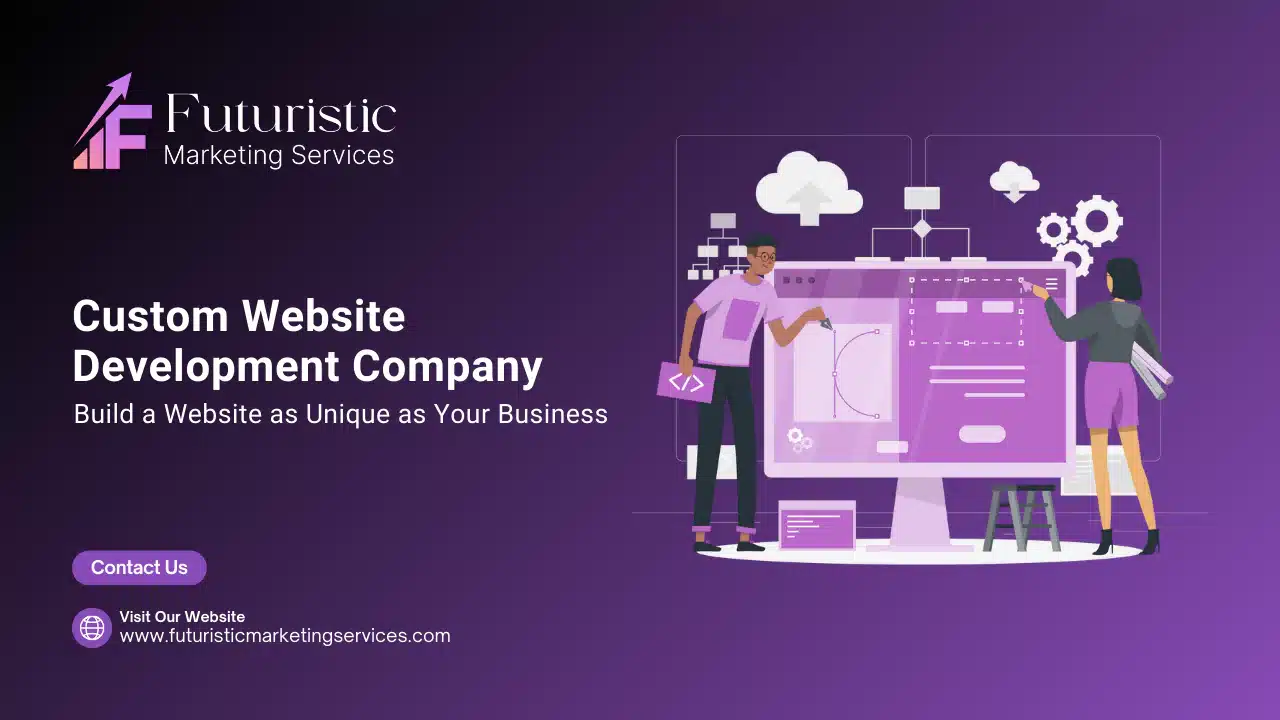In the dynamic digital landscape of 2025, mastering Search Engine Optimization (SEO) is essential for businesses aiming to enhance their online presence and outperform competitors. This comprehensive guide delves into the latest SEO strategies and best practices, providing actionable insights to help you navigate the complexities of modern SEO effectively.
Introduction to SEO in 2025
SEO continues to be a cornerstone of digital marketing, driving organic traffic and improving search engine rankings. With search engines processing billions of queries daily, understanding and implementing effective SEO strategies is more crucial than ever.

On-Page SEO Essentials
Title Tags Optimization
- Best Practices: Craft unique, descriptive titles incorporating primary keywords.
- Optimal Length: Keep titles under 60 characters to ensure full display in search results.
Meta Descriptions
- Purpose: Provide concise summaries of page content to entice clicks.
- Optimization: Include primary keywords naturally and maintain a length of 150-160 characters.
Header Tags (H1-H6)
- Structure: Use headers to organize content hierarchically, enhancing readability and SEO.
- Implementation: Ensure the H1 tag is unique per page, with subsequent headers (H2-H6) used for subheadings.
Image Optimization
- Alt Text: Describe images accurately to improve accessibility and search visibility.
- File Compression: Use formats like WebP and compress images to reduce load times.

Technical SEO Components
Mobile-Friendly Design
- Significance: With a significant portion of global website traffic originating from mobile devices, responsive design is essential.
- Optimization Tools: Utilize Google’s Mobile-Friendly Test to assess and improve mobile usability.
Site Speed Enhancement
- Impact: Faster-loading sites offer better user experiences and can improve search rankings.
- Strategies: Implement browser caching, minimize HTTP requests, and optimize media files.
URL Structuring
- Best Practices: Create clean, descriptive URLs incorporating relevant keywords.
- Avoid: Using complex parameters and excessive length.
Structured Data Markup
- Purpose: Implementing schema markup can enhance search result appearances with rich snippets.
- Implementation: Use JSON-LD format to add structured data relevant to your content.

Off-Page SEO Strategies
Backlink Building
- Importance: High-quality backlinks remain a significant ranking factor.
- Approach: Focus on acquiring links from authoritative and relevant websites.
Social Media Integration
- Role: Active social media engagement can drive traffic and indirectly influence SEO.
- Strategy: Share valuable content regularly and engage with your audience to build a strong online presence.
Local SEO Optimization
- Relevance: A substantial percentage of all Google searches are local.
- Tactics: Optimize your Google Business Profile, encourage customer reviews, and ensure consistent NAP (Name, Address, Phone Number) information across platforms.
Monitoring and Analytics
Google Analytics and Search Console
- Setup: Integrate these tools to monitor website performance and gain insights into user behavior.
- Utilization: Regularly review metrics such as organic traffic, bounce rates, and click-through rates to inform SEO strategies.
Regular SEO Audits
- Purpose: Identify and rectify on-site issues affecting performance.
- Tools: Use SEO auditing tools to assess site health, including broken links, duplicate content, and crawl errors.
Conclusion
Staying abreast of SEO best practices in 2025 is vital for maintaining and improving your online visibility. By implementing the strategies outlined in this guide, you can enhance your website’s performance and stay competitive in the digital marketplace.
For personalized SEO services tailored to your business needs, explore our SEO Service offerings at Futuristic Marketing Services.








